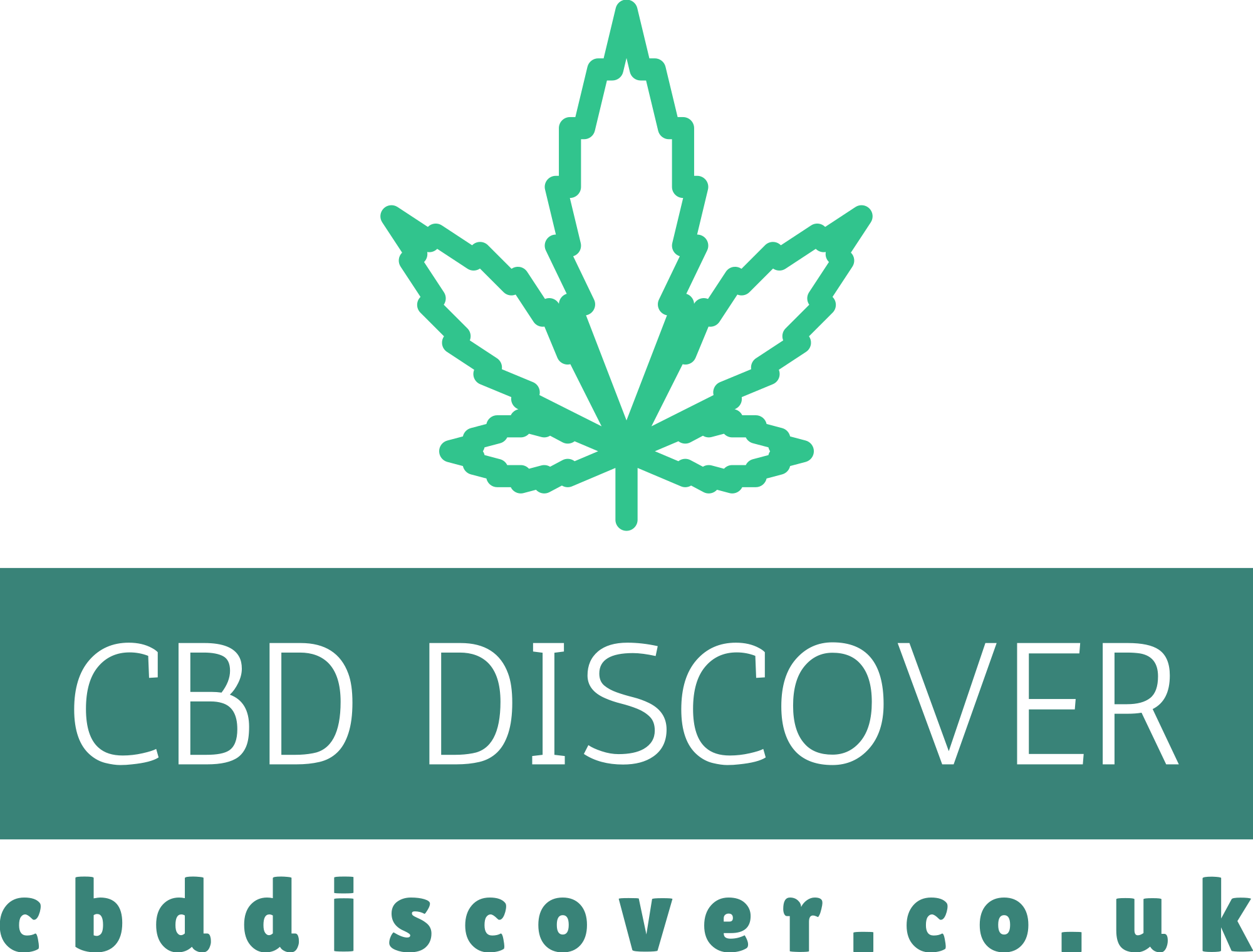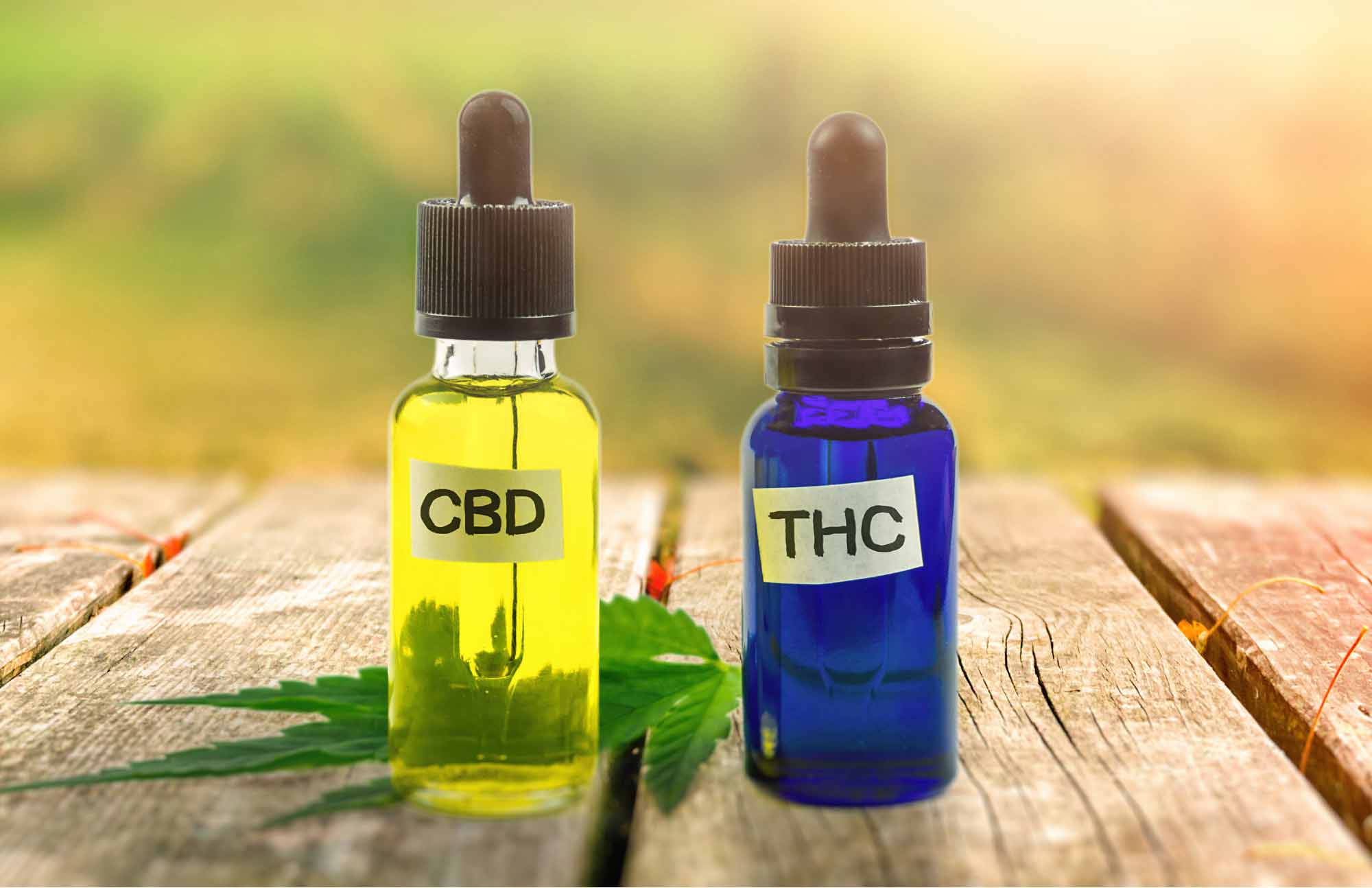Introduction
CBD (cannabidiol) and THC (delta-9-tetrahydrocannabinol) are two of the most well-known cannabinoids found in the cannabis plant. While both are derived from the same plant, they have distinct properties and effects on the body. In this comprehensive guide, we will explore the differences between CBD and THC, including their chemical structure, psychoactive properties, legal status, potential therapeutic benefits, and possible side effects. Understanding these differences will help you make informed decisions about cannabis-based products and their potential use in various contexts.
Chemical Structure
CBD and THC have the same molecular formula (C21H30O2), but their atomic arrangement differs, resulting in distinct properties.
- CBD: CBD is a non-intoxicating compound found in cannabis. It is typically derived from hemp plants and has a low affinity for cannabinoid receptors in the body.
- THC: THC is the primary psychoactive compound in cannabis, responsible for the “high” associated with marijuana use. It binds to cannabinoid receptors in the brain and central nervous system
Psychoactive Properties
One of the key differences between CBD and THC is their psychoactive effects.
- CBD: CBD does not produce psychoactive effects or alter perception, cognition, or behavior. It may provide a sense of relaxation or calmness without the intoxicating effects associated with THC.
- THC: THC is psychoactive and produces a euphoric high. It can alter perception, mood, and cognition. The intensity of these effects depends on the concentration of THC in the product and individual sensitivity.
Legal Status
The legal status of CBD and THC varies based on several factors, including their source, concentration, and intended use.
- CBD: CBD derived from hemp (containing less than 0.3% THC) was legalized federally in the United States with the passage of the 2018 Farm Bill. However, individual states may have specific regulations regarding CBD products.
- THC: THC is classified as a Schedule I controlled substance in the United States, except in states where it has been legalized for medical or recreational use. The legality of THC varies widely across countries and states.
Therapeutic Potential
Both CBD and THC have shown potential therapeutic benefits, but they have different mechanisms of action and applications.
- CBD: CBD is commonly used for its potential therapeutic properties, including pain relief, reduction of inflammation, anxiety reduction, and alleviation of epilepsy symptoms. It is also being studied for its potential benefits in treating various conditions such as insomnia, depression, and neurodegenerative disorders.
- THC: THC is primarily used for its psychoactive effects and may be prescribed for certain medical conditions such as chronic pain, nausea, muscle spasms, and appetite stimulation. It has also shown potential benefits for conditions like multiple sclerosis and glaucoma.
Side Effects and Safety
CBD and THC may have different side effects and safety profiles.
- CBD: CBD is generally well-tolerated, with few reported side effects. Some individuals may experience mild side effects such as dry mouth, drowsiness, or changes in appetite.
- THC: THC can cause side effects such as increased heart rate, dry mouth, red eyes, impaired memory and coordination, and anxiety or paranoia, particularly at higher doses. It may also have more significant cognitive and psychomotor effects, which can impair certain activities.
Synergistic Effects
CBD and THC can interact with each other in what is known as the entourage effect.
- Entourage Effect: The entourage effect suggests that the combination of CBD and THC, along with other compounds present in the cannabis plant (such as terpenes), may have enhanced therapeutic effects compared to using each cannabinoid individually.
Conclusion
CBD and THC are two distinct cannabinoids with different properties, effects, and legal status. CBD is non-intoxicating and primarily associated with potential therapeutic benefits, while THC is psychoactive and primarily used for its euphoric effects. Understanding the differences between CBD and THC can help you make informed decisions about cannabis-based products and their potential use in various contexts, whether for therapeutic purposes or recreational enjoyment. As with any substance, it is essential to consult with a healthcare professional and adhere to local laws and regulations when considering the use of CBD or THC products.
- Pet-Approved CBD: A Fun Review of Just CBD’s Treats and Tinctures for Cats and Dogs - September 6, 2024
- Thirsty for Adventure: My Personal THC Beverage Odyssey with Melo - May 16, 2024
- How to Use THCH DISPOSABLE VAPE - July 21, 2023


